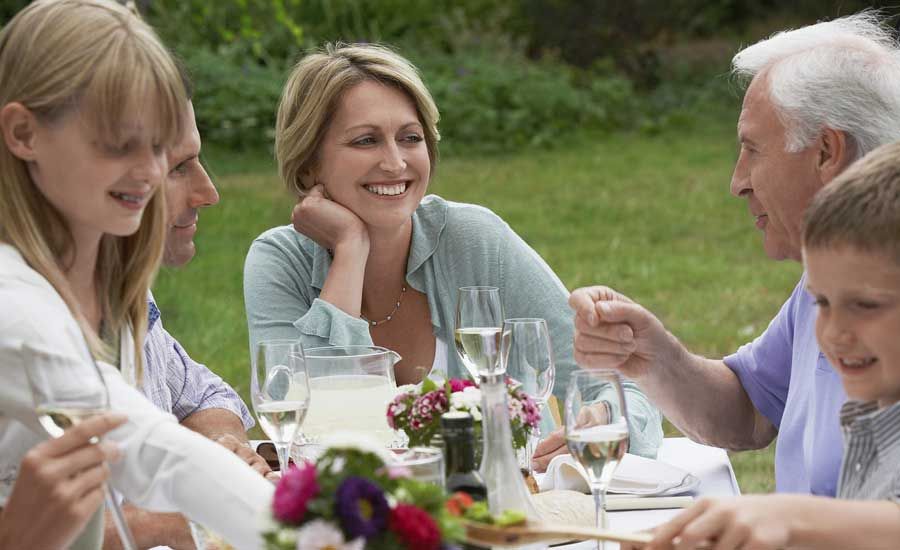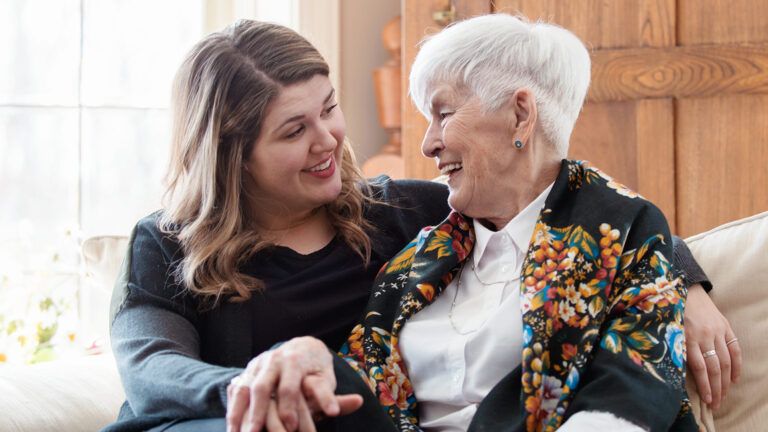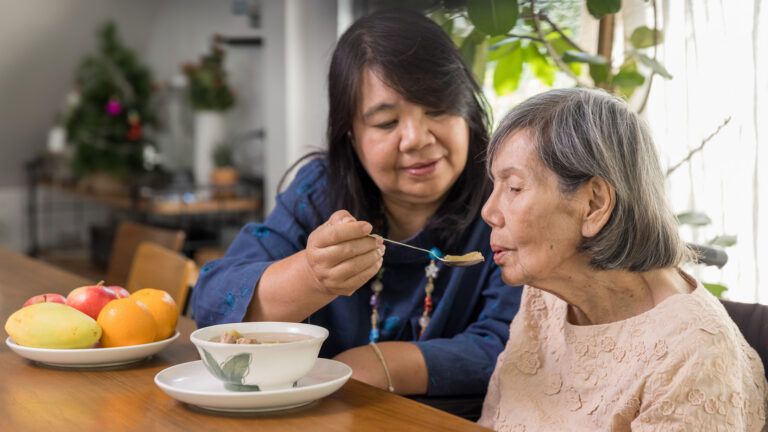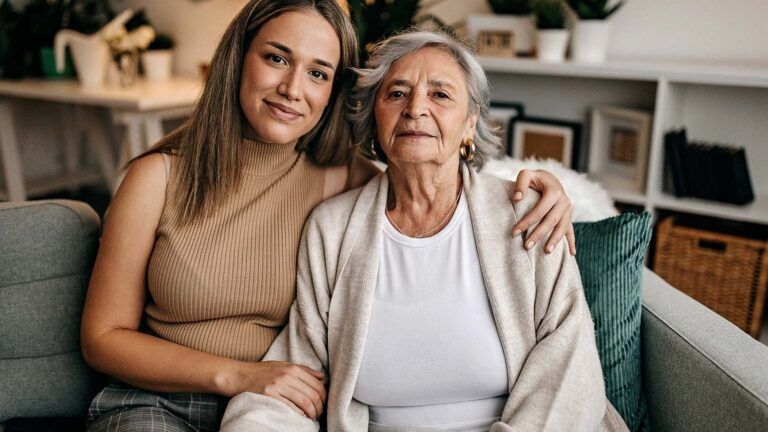Content provided by Home Instead Senior Care
Nutrients from healthy foods can be the best “medicine” for many ailments older adults are faced with today.
While nutrition is important, companionship is just as valuable. In fact, lack of socialization can put older adults at risk.
According to research conducted by the Home Instead Senior Care network, two of five seniors who live alone have at least four warning signs of poor nutritional health.
So what does nutrition mean for a senior’s diet?
Always aim for various fruits and vegetables, whole grains, lean proteins and healthy fats to get a variety of vitamins, minerals and nutrients that these foods provide. Also, take the time and effort to cook and eat at home. Your loved one will get better nutrition and spend less money on food.
Think of it like this, if you don’t take the time and effort now to make healthy eating a priority, then you better plan to take the time (and money) later for illnesses and all of the expenses that go with them.
Use the activity level guide below to determine your senior’s calorie needs.
Daily Calorie Need for women over 50:
- 1,600 calories a day if her level of physical activity is low (only performs activities associated with typical day-to-day life)
- 1,800 calories daily if she is moderately active (walks the equivalent of 1.5 to 3 miles a day at 3 to 4 miles per hour)
- 2,000 to 2,200 calories daily if she has an active lifestyle (walks the equivalent of more than 3 miles a day at 3 to 4 miles per hour) (Source: NIH Senior Health)
Daily Calorie Need for men over 50:
- 2,000 to 2,200 calories a day if his level of physical activity is low (only performs activities associated with typical day-to-day life)
- 2,200 to 2,400 calories daily if he is moderately active (walks the equivalent of 1.5 to 3 miles a day at 3 to 4 miles per hour)
- 2,400 to 2,800 calories daily if he has an active lifestyle (walks the equivalent of more than 3 miles a day at 3 to 4 miles per hour)
Check with your senior’s physician or registered dietitian nutritionist for a more detailed calorie needs analysis. Or refer to this online tool to find out how many calories are needed each day: ChooseMyPlate.gov.
To find a Registered Dietitian Nutritionist near you, go to EatRight.org and click on “find an expert” on the top right corner. “Find a Registered Dietitian Nutritionist” is the Academy of Nutrition and Dietetics’ national referral service linking consumers, physicians, food manufacturers, distributors, and restaurant owners and managers with nutrition practitioners.
Participants listed in this directory are food and nutrition practitioners who provide reliable, objective nutrition information, separate facts from fads, and translate the latest scientific findings into easy-to-understand nutrition information. Participants provide services on a fee-for-service basis.
Check out additional resources about nutrition at SundayDinnerPledge.com, where you’ll also find recipes and other tips on making the most of mealtimes. And, to learn more about the importance of companionship, go to CravingCompanionship.com.





